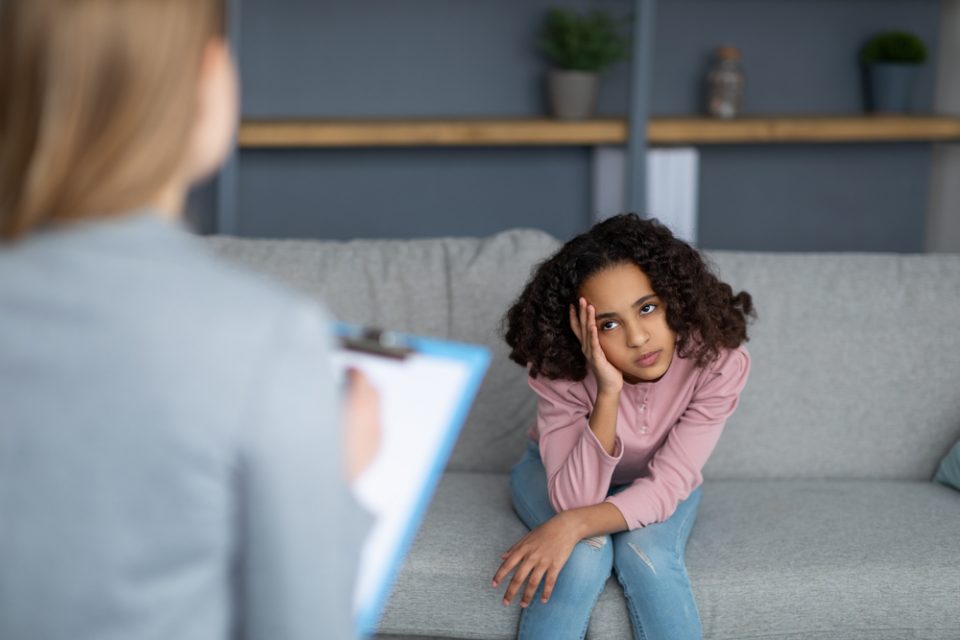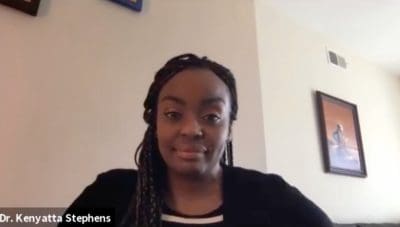
Serving in various roles as mentor, counselor, teacher, and therapist, Le Mont Lee has worked with disadvantaged youth for over 20 years. He earned his Ph.D. in 2016 from the School of Psychology at Fordham University. Lee worked at the Upward Bound Program and served as a tutor and co-facilitator for creative writing workshops for youth at New York City’s Rikers Island Holding Facility. He currently is a school psychologist weathering the pandemic by conducting virtual therapy sessions.
How is the pandemic affecting the youth in your care?
Our students were given the option at the beginning of the school year to either attend in-person or participate online. For special education students who often require numerous modifications to support their learning in the classroom, this has been quite a challenge. In working with students in person, one of the greatest obstacles has been the quarantine. Whether testing positive for COVID themselves, being exposed, or exhibiting symptoms in school, several students I work with have had to remain home for several days at a time. This disrupts their academic momentum.
How is the larger community being affected by the pandemic?
It’s only natural that feelings of anxiety would spike in these perilous times. In my particular profession, matters of health have been most prominent, with chronic grief trending upward. I have a caseload of 10 students. Within seven months, beginning in April, 2020, three of them suffered the loss of a parent or a primary guardian. Two other students have parents who have been diagnosed with cancer. Another student’s father has suffered multiple strokes in the past year. Another student’s mother was in ICU with COVID. There are students grieving the loss of loved ones and then there are those living with the daily burden of concern for an ailing parent.
How will you address the needs of people post-pandemic?
I have no choice but to be flexible. In my field, I work closely with the families of the students I serve. I’ve typically done so while setting identifiable boundaries. But during the time of the pandemic, there have been multiple grieving families in my care. I’ve needed to be more available for them and realize that my privacy can’t always be prioritized over their pain.
How is virtual therapy affecting your job?
Virtual therapy, in most cases, is making my job harder. But I do understand many therapists are having success with it. However, as a school psychologist, the therapy I provide is to students who are mandated to receive it. Some of them don’t believe they need therapy in person, so videoconferencing me instead of playing Call of Duty is the last thing they want to do.
















